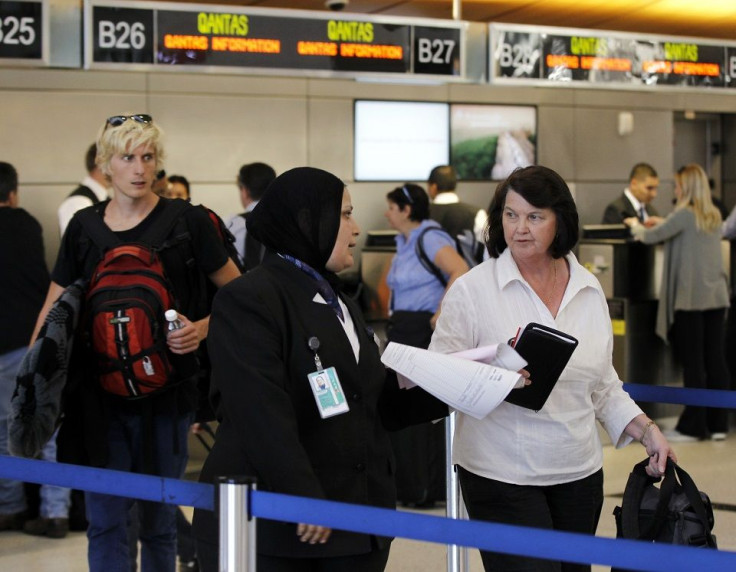Laptop ban on planes: What are the chances for Australia

Australian Prime Minister Malcolm Turnbull has confirmed that the government is considering joining the US and UK in banning laptops on planes. Both countries have opted to ban electronic devices bigger than mobile phones in cabins on flights due to concerns that bombs may be smuggled inside them.
Turnbull told reporters in Adelaide on Tuesday that the government is aware on the latest changes on international flights. It is looking at them very closely, taking into account information and advice from its partners. “We are working very closely with our partners, and in due course, any announcements will be made formally through the Transport Minister,” he said per Sky News.
Australian Strategic Policy Institute’s John Coyne pointed out that US’s laptop ban in flights is caused by an intelligence relating to a specific threat. He believes Australia is unlikely to follow suit without a similar threat. "If there's no specific threat or risk, then they've got to carefully examine it,” Sydney Morning Herald quotes Coyne.
The prime minister’s remarks follow reports that US President Donald Trump disclosed highly classified information about Islamic State terror to Russian officials. It is reportedly related to the use of laptops on aircraft.
Transport Minister Darren Chester echoed the prime minister’s respond as to whether or not laptop bans on international flights coming into Australia will be implemented, saying the federal government is constantly monitoring shifts in the threat environment domestically. He assured that the country has the best security arrangements to face current challenges.
Laptop ban
An official said the US government is concerned about terrorists’ ongoing interest in eyeing the commercial aviation as target. The laptop band applies to flights from 10 airports in Saudi Arabia, Turkey, Lebanon, Egypt, Kuwait, Qatar and Morocco. The US reportedly considers extending the ban to other countries. As for the British Government’s decision to ban laptops and tablets on board flights from the Middle East, it was apparently due to information that came from specific intelligence reports.
Geoffrey Askew, a former Qantas executive who is currently working as an Aviation safety consultant, said the laptop ban would have a huge impact to both airlines and passengers. He said the logistic of doing launching measures at screening points would be significant. Meanwhile, a spokesperson for Qantas, Australia's largest airline, assures the company is also closely monitoring the issue and has regular communications with the government as well as regulators.
Read more:
Cyber attack 2017: Aussies urged to update anti-virus software
Aussies warned over mental health apps; researchers express privacy concerns
CNNMoney/YouTube





















